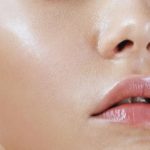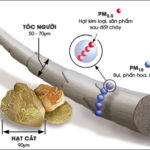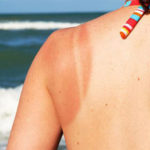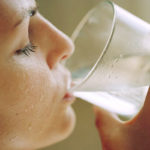One day, you realize that your beloved skincare or lipstick has passed its expiration date. You immediately want to throw them all away to protect your skin. But, there is a little reluctance because they haven’t been used up, some have not even been touched.
At that moment, you start thinking about reusing them. So, is it really advisable to reuse expired cosmetics? Let’s find the answer together.
1. Harmful effects of expired cosmetics
Loss of original efficacy
Most expired cosmetics no longer retain their original functions and may even become completely ineffective. For example, they may lose their ability to protect the skin from UV damage.
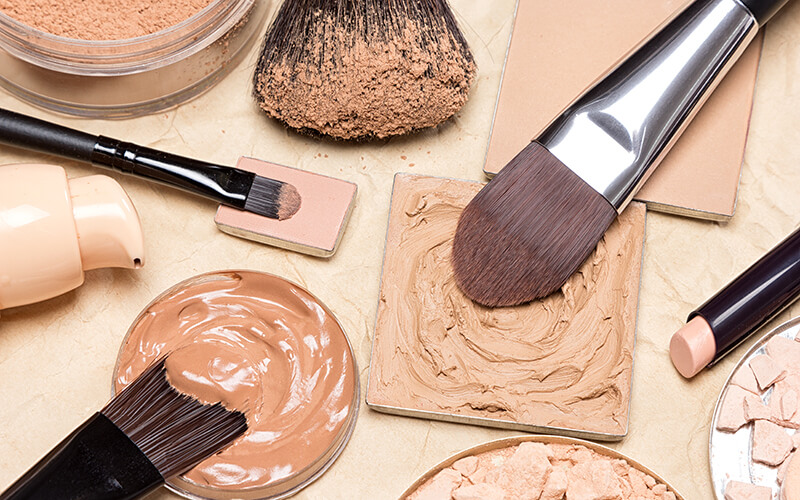 Harmful effects of expired cosmetics
Harmful effects of expired cosmetics
Presence of harmful bacteria, leading to potential meningitis
According to Dr. Ngo Khanh Duy, expired cosmetics contain numerous harmful bacteria such as Eubacterium, Aeromonas, Propionibacterium, and Enterobacter, which can cause vaginal infections, stomach aches, infected wounds, acne, urinary tract infections, respiratory problems, and more.
Of particular concern is the presence of Staphylococcus (Staph) bacteria, which can be antibiotic-resistant, and Enterococcus Faecalis, a leading cause of meningitis and sepsis, and can even lead to death, especially in children under five years old.
Reference: If you have sensitive skin, follow these
Skin allergies, acne, and potential skin cancer
According to Dr. Tran Trong Thanh, while expired cosmetics may not show significant changes in color or fragrance, their chemical composition and structure begin to break down, leading to bacterial growth.
Continued use of such products can easily cause skin allergies, acne, itching, swelling, hives, edema, and more. For example, expired eyeliners and mascaras can increase the risk of eye infections and conjunctivitis, while expired lipsticks can cause lip swelling, and powders can lead to acne.
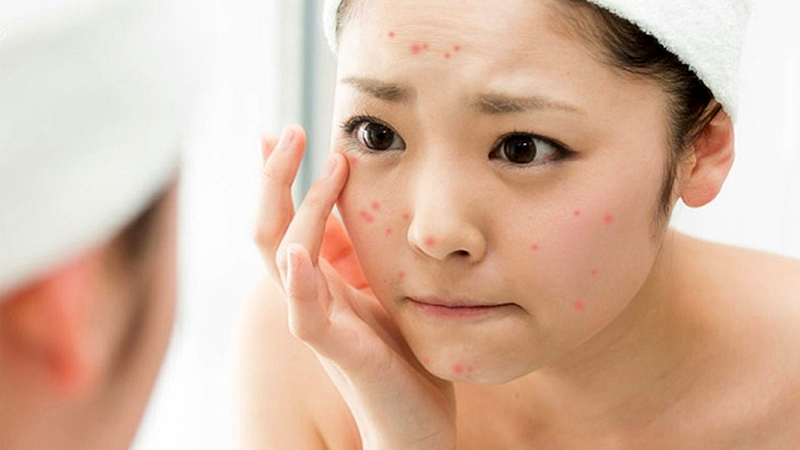
Dr. Thanh also states that expired cosmetics produce toxins. These toxins not only cause external allergies but also penetrate and reach the inner cells. Over time, they can accumulate toxins and increase the risk of skin cancer.
2. Should you reuse expired cosmetics?
The answer is a definite no. Do not reuse expired cosmetics due to the potential harmful effects they can have on your skin. However, you can find other uses for them, such as:
Nail polish: Use it for crafts like gluing flowers or rhinestones to paper, decorating shoes or bags, or even as a key identifier.

Moisturizer: Apply a layer to your nails and let it sit for 10-15 minutes. This will help nourish and beautify your nails. Alternatively, use it to polish leather goods by applying a small amount to a cloth and wiping down the surface.
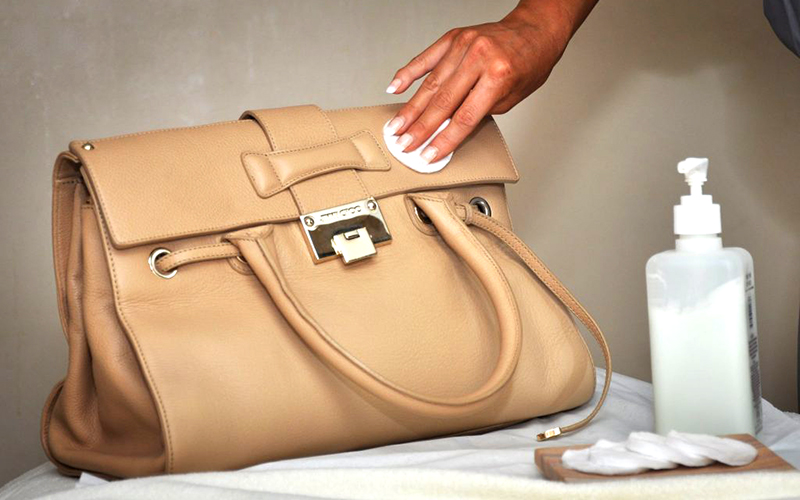
Toner: Use it to clean glass surfaces like mirrors or phone screens, leaving them sparkling and streak-free.
Lipstick: Apply a small amount to stains on objects, let it sit for a few minutes, and then wipe it off. You’ll be surprised by the results.
Eye shadow: Get creative and use it to decorate phone cases, shoes, or even your nails for a unique and vibrant look.
3. Understanding expiration dates and recommended use periods
Expiration Date
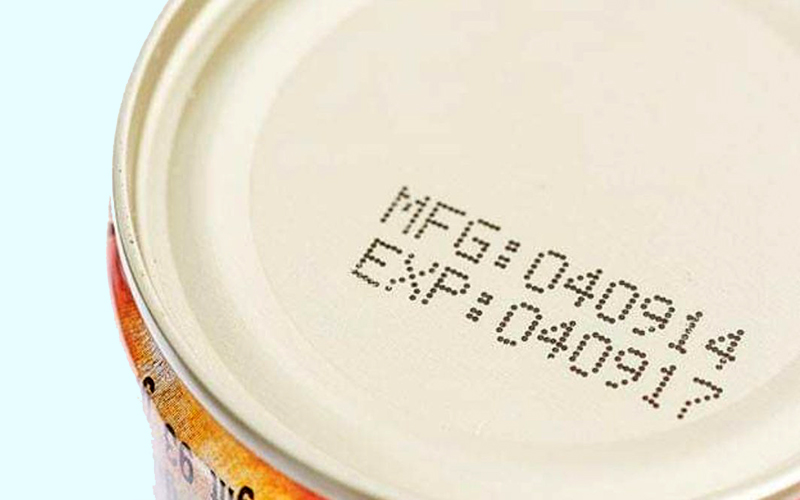
This is the period from the manufacturing date (MFG) to the last day the product is distributed (EXP). If you haven’t opened the product, the expiration date is the date printed on the packaging. Typically, the expiration period is around 2-3 years, depending on the product.
For example, if the packaging shows an expiration date of 08/07/2021 – 08/07/2023, it means the product was manufactured on 08/07/2021 and should be used by 08/07/2023. So, if you haven’t opened it yet, you can use it until 09/07/2023. After that, it’s best not to open and use the product.
Recommended Use Period
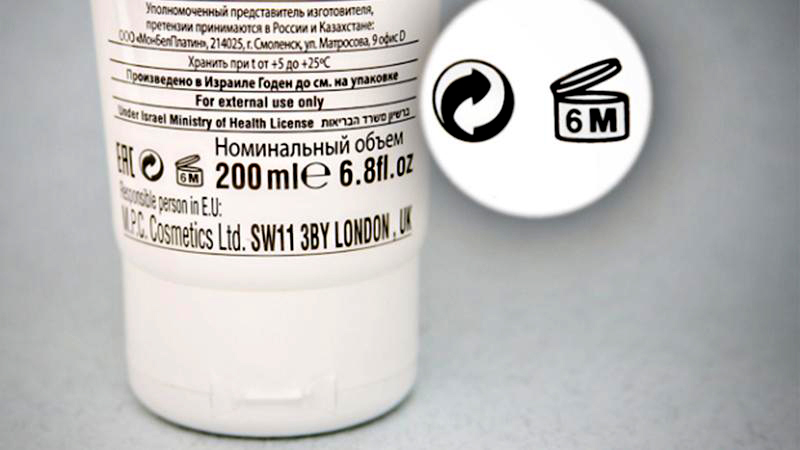
The recommended use period, also known as the period after opening (PAO), is usually shorter than the expiration date and indicates how long you can use the product after opening it. It is often indicated on the packaging as 6M (6 months), 12M (12 months), 18M (18 months), 24M (24 months), etc.
For instance, if the packaging shows an expiration date of 08/07/2021 – 08/07/2023 and a recommended use period of 6M, and you open and start using the product on 24/06/2023, you should aim to finish the product before 25/12/2023, as the PAO is 6 months from the opening date.
4. Should you buy products with an upcoming expiration date?
Products with an upcoming expiration date are known as “near-dated” or “short-dated” products. These are typically sold separately in stores, supermarkets, and shopping centers, usually 1-10 days before the expiration date, depending on the type of product.
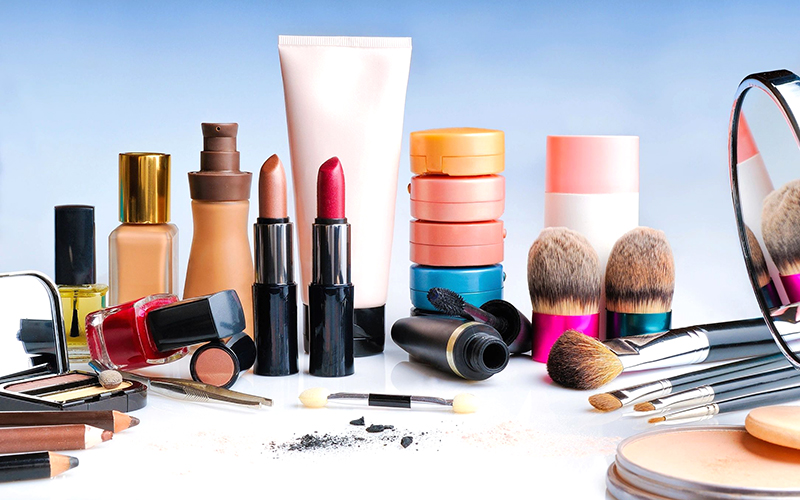
Expiration dates are carefully calculated by manufacturers based on the product’s volume and quality. Moreover, they are often set a month earlier than the actual date to ensure the product remains effective until the end of its stated lifespan. It’s also important to note that the recommended use period after opening is more crucial than the expiration date.
According to Mr. Nguyen Manh Hung, Secretary-General of the Vietnam Standards and Consumer Association, it’s up to you whether to buy near-dated products or not. For items that aren’t applied directly to the body, like dish soap, laundry detergent, etc., it’s generally safe to purchase them even if they are near their expiration date. However, for food items, it’s best to be cautious as they are more susceptible to bacterial contamination.
In summary, while the quality of near-dated products is often still good, the decision to purchase them depends on your personal needs and preferences.
Hopefully, this article has provided you with the information you need to decide whether to reuse expired cosmetics or not. Remember to make informed choices when it comes to your beauty routine.
























